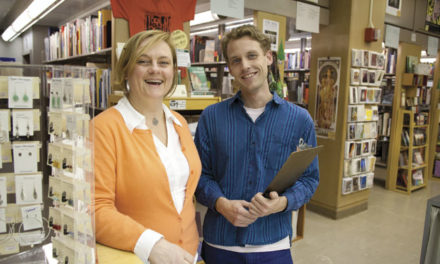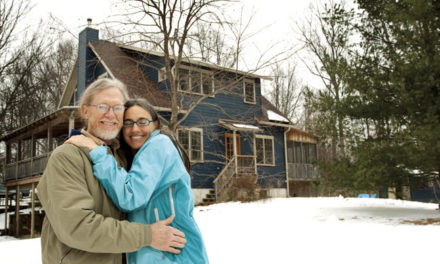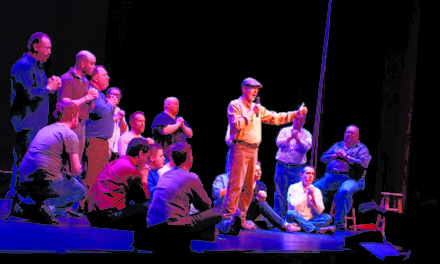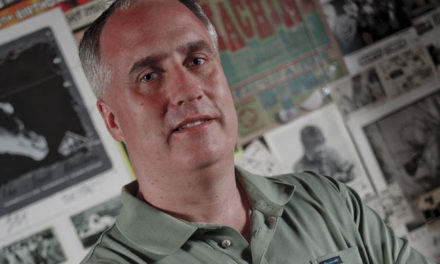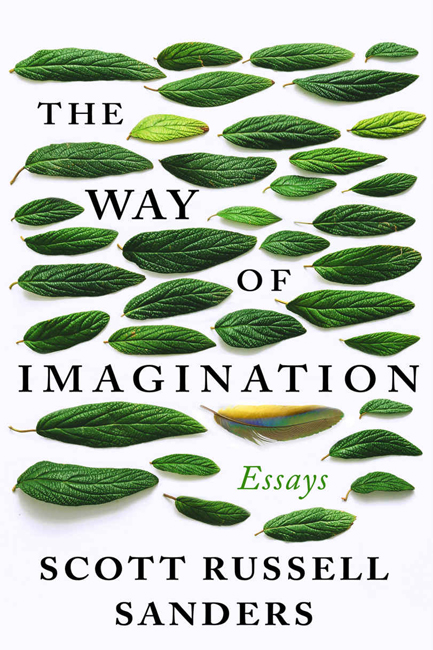
by JULIE GRAY
“How can we keep from crying out in wonder and praise?” asks Scott Russell Sanders in one of the alternately exultant and grieving essays contained in his newest collection, The Way of Imagination (Counterpoint Press).
Sanders has spent a lifetime singing the beauties of the natural world. These essays were written before the pandemic, but readers who haven’t yet realized that quarantine restrictions can free us to explore and cherish the world that lies close at hand should turn to them for guidance.
Sanders calls his lifelong habit of attentive praise “wooing Earth,” using a phrase borrowed from American microbiologist René Dubos. In these pages, we find him kneeling in the dirt on the Indiana University campus one April morning, communing with spring wildflowers. Or drifting aimlessly on a canoe in a Minnesota lake one starry night until the boundaries between inner and outer worlds dissolve into a single blaze of light. Such epiphanies remind him that every living thing is an expression of the same “primordial energy, constantly in flux.”
A web of life is another metaphor Sanders often uses to describe this kinship. That’s why, in a speculative essay set in 2100, he refers to the environmental apocalypse that he supposes will have ravaged our planet by that time as the Great Unraveling. That may seem a tame word for rising tides, blazing fires, and mass extinctions. But when you consider the world as a web, “unraveling” is exactly the right term.
In this same essay, Sanders compiles a reading list for 22nd-century readers to prove to them that their forebears treasured and advocated for the vanished world. Sanders modestly does not include himself on this list (though he certainly deserves a place). Instead he recommends writers like Edward Abbey, Annie Dillard, and Barry Lopez, to name a few.
The writers on Sanders’ list are driven by many and varied motivations, as Sanders acknowledges he himself is. And yet they all would surely subscribe to the powerful and moving artist statement that closes another of Sanders’s essays: “We apprehend the universe in fragments, but the universe itself is whole. … The art I aspire to make attempts to model that wholeness, to honor the order and beauty of the cosmos.”


